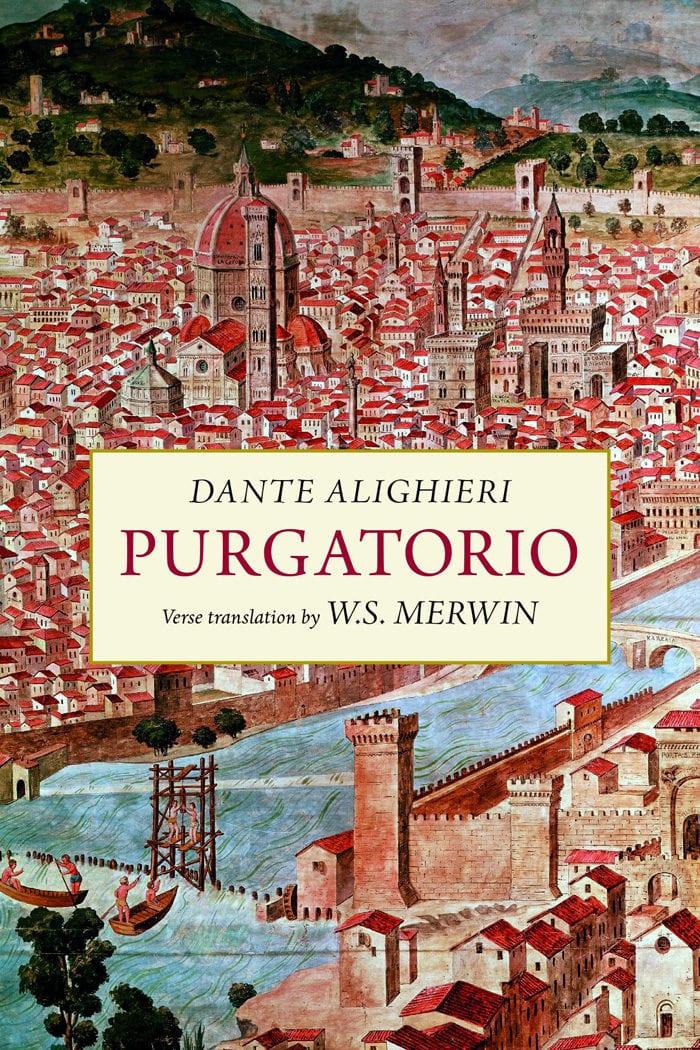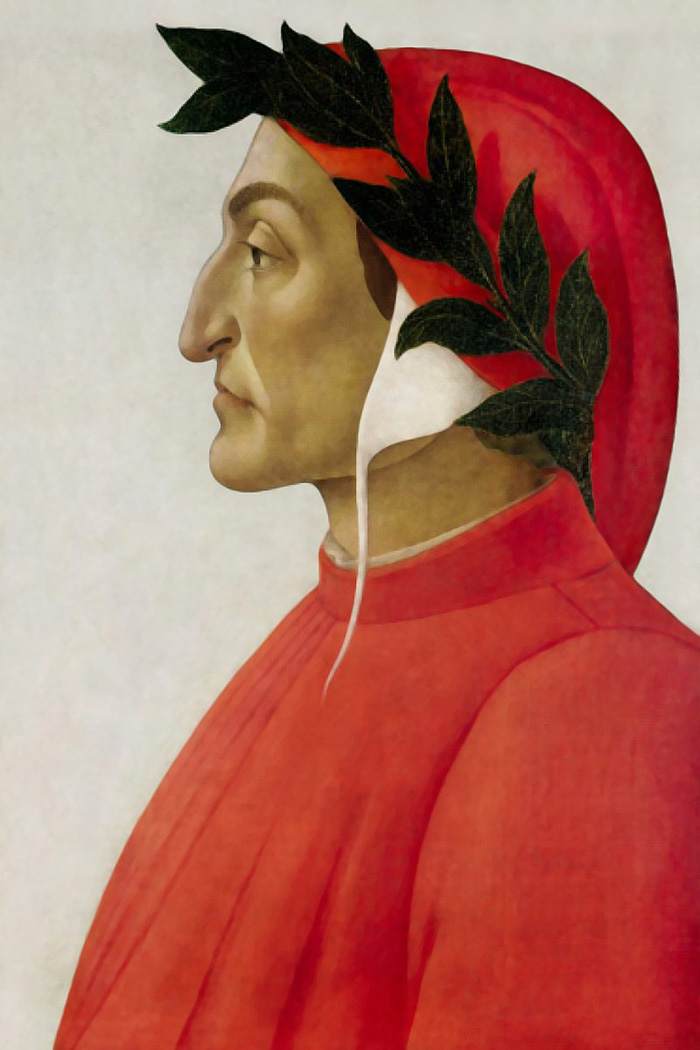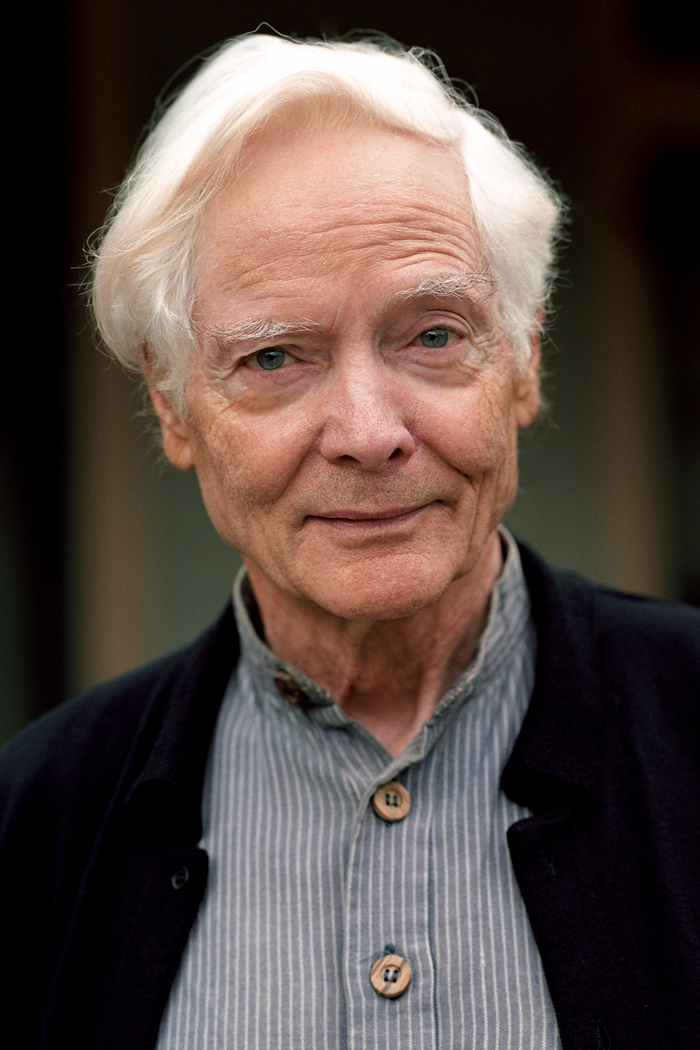
In Purgatorio, Dante calls out for poetry to “rise again from the dead / oh holy muses, for yours I am.” The most rewarding—yet the least celebrated—book of Dante’s Divine Comedy is brought to the twenty-first century for English language readers by master poet W.S. Merwin, whose reverence for the text imbues his translation with rich music and emotional resonance. Following Inferno, Purgatorio takes place on Earth: a journey towards paradise, beginning with emergence and propelled by hope. Led by Virgil and inspired by his legendary love for Beatrice, Dante scales the terraces of Mount Purgatory. Along the way our sympathetic hero relates allegories and dialogues with characters from history, literature, and the author’s own life, exploring vice and virtue, illuminating the great moral questions of the fourteenth century—which are not so different than our own. When asked why he translated this book, as opposed to the Inferno or Paradiso, Merwin responded, “Those books have a finality I found less attractive. The Purgatorio is more like life.” Presented in a bilingual edition with the translator’s notes and commentary, Merwin’s Purgatorio is work of art that will add depth, complexity, and song to every reader’s library.
ISBN: 9781556594618
Format: Paperback
from the Introduction by W.S. Merwin
Of the three sections of the poem, only Purgatory happens on the earth, as our lives do, with our feet on the ground, crossing a beach, climbing a mountain. All three parts of the poem are images of our lives, of our life, but there is an intimacy peculiar to the Purgatorio. Here the times of day recur with all the sensations and associations that the hours bring with them, the hours of the world we are living in as we read the poem. Tenderness, affection, poignancy, the enchantment of music, the feeling of the evanescence of the moment in a context beyond time, occur in the Purgatorio as they do in few other places in the poem. And hope, as it is experienced nowhere else in the poem, for there is none in Hell, and Paradise is fulfillment itself. Hope is central to the Purgatorio and is there from the moment we stand on the shore at the foot of the mountain, before the stars fade. To the very top of the mountain hope is mixed with pain, which brings it still closer to the living present.
Reviews
“Were Merwin not one of America’s most admired poets, he would still be as famous as translators get.” ―Publishers Weekly, starred review
“In the foreword to his new translation [of Purgatorio], Merwin… writes feelingly of his 30-year obsession with the poem. And indeed, the flaws as well as the virtues of his new rendering may be said to stem from a profound reverence for the original.” ―New York Times
“Merwin has attained a transcendent and transformative elevation of beaming perception, exquisite balance, and clarifying beauty.” —Booklist
“But Merwin shows us that the discipline of attention, ‘a time of waiting / hoping to hear,’ is enough. There are few great poets alive at any one time, and W.S. Merwin is one of them. Read him while he is still contemporary.” —Fiona Sampson, The Guardian
“In his personal anonymity, his strict individuated manner, his defense of the earth, and his heartache at time’s passing, Merwin has become instantly recognizable on the page.” —Helen Vendler, New York Review of Books

